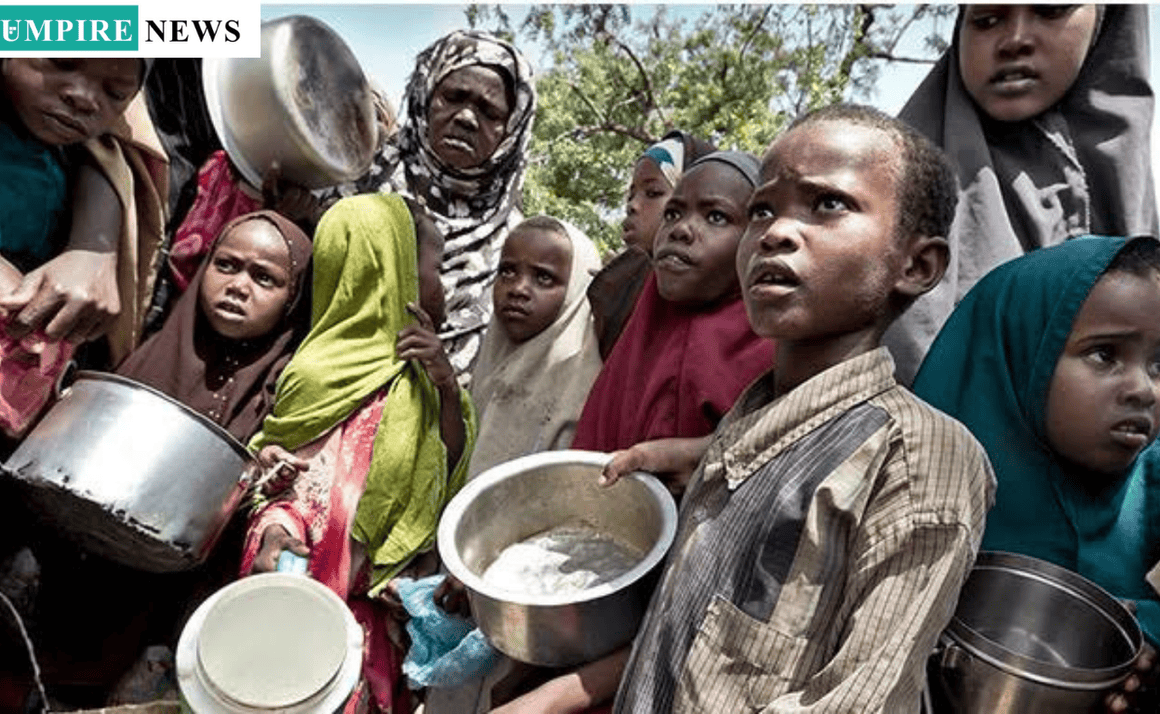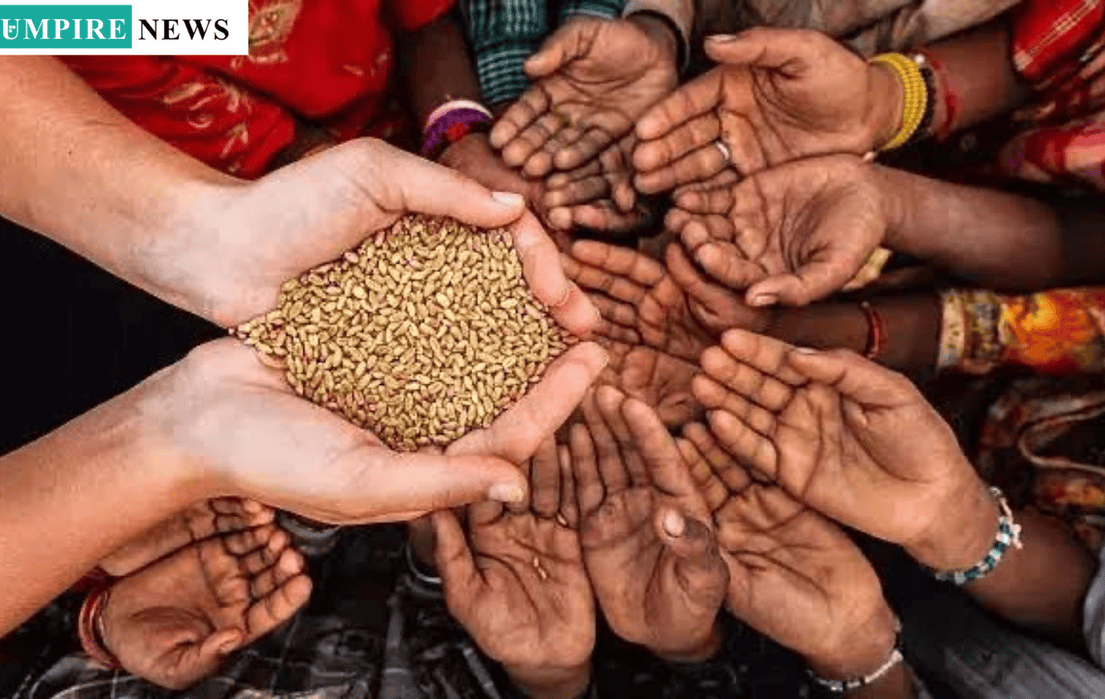Nigeria is currently grappling with a deepening food security crisis, with over one million additional people experiencing severe food shortages in 2024 compared to the previous year.
This alarming increase is highlighted in the World Bank’s recently released Food Security Update Report, which outlines the deteriorating situation in Nigeria and several other nations.
The report identifies Nigeria, alongside countries like Ethiopia and Yemen, as experiencing a rise in the number of people facing acute food insecurity.
These nations are being severely impacted by a combination of factors, including conflict, socio-political instability, and climate-induced disasters.
According to the report, Nigeria’s worsening food security crisis is largely attributed to these overlapping issues, which have resulted in widespread disruptions to agricultural production and food distribution across the country.
The report contrasts Nigeria’s situation with some countries that have made notable progress in reducing food insecurity.

“Conversely, some countries saw improvements. Nations such as Afghanistan, Guatemala, and Kenya reported declines in food insecurity, with more than one million fewer people facing acute food crises, although these countries remained in significant food crisis situations,” the report stated.
However, despite these improvements in some regions, the global food crisis continues to worsen in several parts of the world.
“On the other hand, 18 countries experienced worsening situations due to factors including intensified conflict and climate-related shocks, such as droughts. Notable examples include Ethiopia, Nigeria, and Yemen, each witnessing an increase of more than one million people facing high levels of food insecurity from the previous year.”
In Nigeria, the food crisis has been exacerbated by extreme climate events, particularly widespread flooding, which has devastated agricultural lands and disrupted food production.
The World Bank report noted that 1.6 million hectares of land in Nigeria have been inundated by floods, including 342,650 hectares of farmland, directly impacting the livelihoods of 685,770 vulnerable individuals.
These devastating floods have not only destroyed crops but have also displaced communities, adding to the existing strain on food supply chains and household access to food.
Nigeria’s crisis is reflective of a broader trend seen in other parts of Africa, where countries like Mali have also experienced many losses due to floods.
“In Mali, 344,000 people were affected and 1.6 million hectares of land flooded, including nearly 500,000 hectares of cultivated land,” the report noted.
Other West African countries, such as Cameroon, the Central African Republic, Côte d’Ivoire, Gambia, Guinea, Guinea-Bissau, Liberia, Sierra Leone, and Togo, have also been severely affected by similar climate-related disasters, including both floods and droughts.

The report stressed that these climate shocks have had devastating consequences for food production, particularly in northern and northeastern Nigeria and parts of Ghana, which are now facing dry spells that further threaten crop yields.
The scale of the problem is immense, with floods and droughts affecting approximately 3.5 million people across these regions, all of whom are in urgent need of emergency support.
The report estimates that around $50 million is needed to provide essential assistance to 760,200 vulnerable communities, helping them meet their basic food requirements and prevent further deterioration of the food security situation.
In addition to the impacts of climate-related disasters, Nigeria is also grappling with one of the highest rates of domestic food price inflation in the world.
The report revealed that as of August 2024, food prices in Nigeria have increased by 37.5% year-on-year, placing a burden on household incomes, especially for low-income families who are already struggling to afford basic food items.
The soaring cost of food has only added to the hardship faced by millions of Nigerians, pushing many deeper into hunger and malnutrition.
The World Bank’s report called for urgent intervention to address the immediate food needs of those affected by this crisis. It emphasized the necessity for both short-term relief measures and long-term strategies to improve resilience against future climate shocks and to stabilize food prices.
The report underlined the need for increased investment in sustainable agricultural practices and infrastructure that can help mitigate the impacts of climate change and ensure more stable food production in the future.
As Nigeria continues to navigate this complex and worsening food security crisis, the World Bank’s report serves as a critical reminder of the urgent need for coordinated efforts between the government, international organizations, and local communities.
Without immediate action to address the root causes of this crisis—namely, conflict, climate change, and economic instability—millions more Nigerians could find themselves facing severe hunger and malnutrition in the coming months.
































